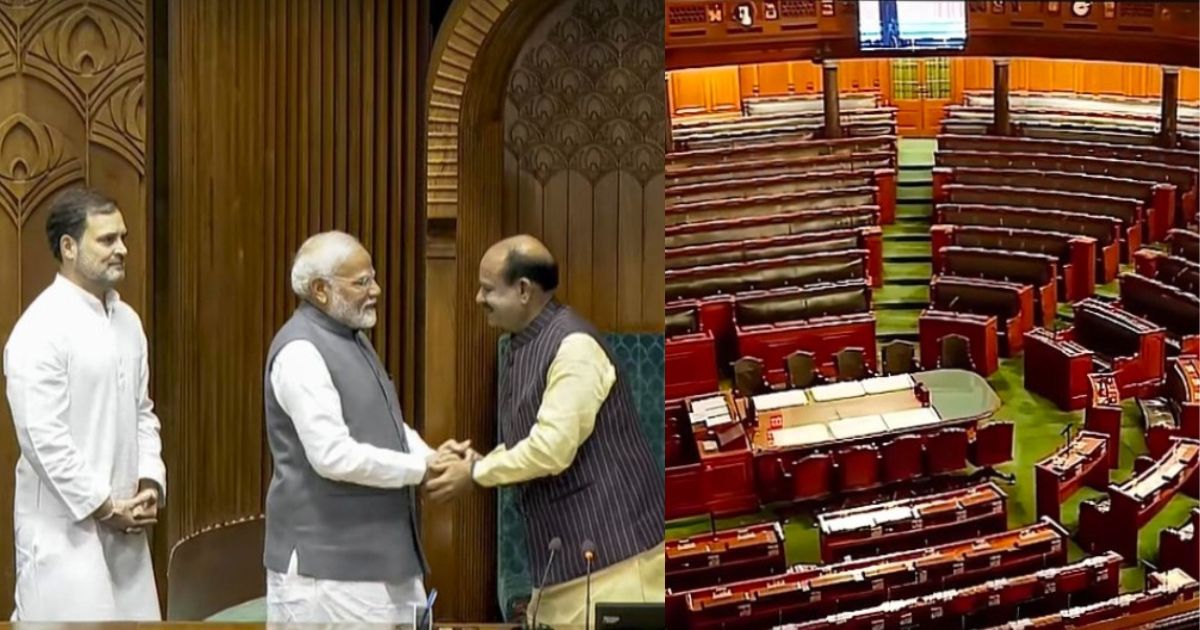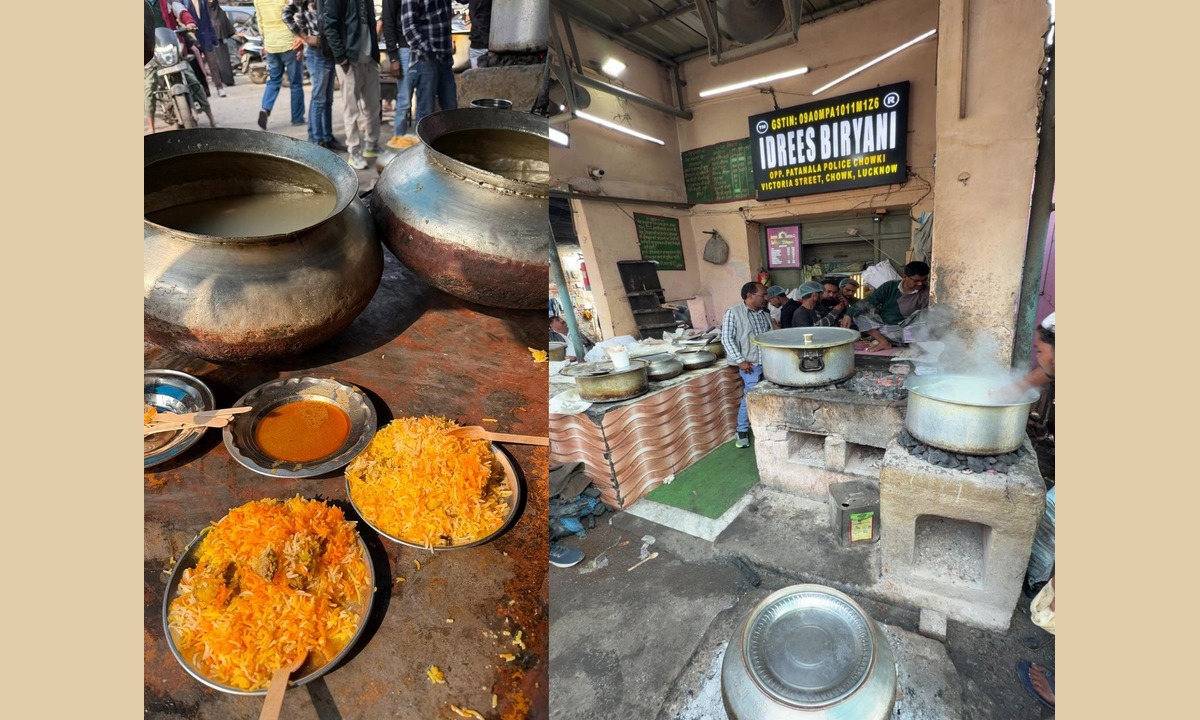
5 Reasons Why Speaker's Post is Key in Lok Sabha
In the parliamentary democracy of India, the role of the Lok Sabha Speaker holds immense significance. This position not only presides over the lower house of Parliament but also plays a crucial role in upholding democratic norms, ensuring the smooth functioning of legislative proceedings, and safeguarding the rights of all members. Here are five compelling reasons why the Lok Sabha Speaker's post is crucial for the Union government:
1. Presiding Over Legislative Proceedings:
The Lok Sabha Speaker is the presiding officer of the lower house of Parliament. This role involves maintaining order during debates, ensuring parliamentary rules are followed, and providing a fair opportunity for all members to express their views. The Speaker's impartiality is essential in fostering constructive dialogue and decision-making.
2. Upholding Parliamentary Rules and Procedures:
One of the primary responsibilities of the Speaker is to interpret and enforce parliamentary rules and procedures. This ensures that debates are conducted in a disciplined manner, parliamentary etiquette is observed, and legislative business progresses efficiently. The Speaker's rulings on procedural matters are crucial in resolving disputes and maintaining the integrity of parliamentary processes.
3. Facilitating Debate and Discussion:
The Speaker facilitates debates on various issues of national importance. By allowing members to voice their opinions, raise concerns, and propose solutions, the Speaker contributes to informed decision-making and policy formulation. This platform for debate is essential for a vibrant democracy like India.
4. Ensuring Accountability and Transparency:
As a custodian of parliamentary proceedings, the Speaker ensures transparency and accountability in the functioning of the Union government. By scrutinizing the government's actions, policies, and expenditures through parliamentary oversight, the Speaker contributes to strengthening democratic governance and preventing misuse of power.
5. Resolving Parliamentary Deadlocks:
In cases of parliamentary deadlock or disagreements, the Speaker plays a pivotal role in facilitating consensus-building and finding resolutions. Through constructive dialogue and negotiation, the Speaker helps mitigate political tensions and ensures that legislative business continues without undue disruption.
The Lok Sabha Speaker's post is pivotal for the Union government as it embodies the essence of parliamentary democracy and ensures effective functioning of legislative processes. By maintaining impartiality, upholding parliamentary rules, facilitating debates, and promoting transparency, the Speaker contributes significantly to democratic governance in India. As India continues to evolve and face new challenges, the role of the Lok Sabha Speaker remains indispensable in fostering a robust and inclusive democratic system that serves the interests of all citizens.
Popular Categories
Read More Articles
Travel and Tourism
Travel to Thailand gets costlier: International passenger service fee to jump 53% from June by Awadh 360° Desk February 22, 2026Travel and Tourism
Thailand Extends Visa-Free Stay for Indians to 60 Days, Allows 30-Day Extension by Awadh 360° Desk February 19, 2026Travel and Tourism
Lucknow or Zaike: A City Remembered Through Taste by Mohammed Syed Zaid February 11, 2026Business
What's Up With WhatsApp? by Prateek Shukla February 9, 2026



